 Watching the ‘One World Together at Home’ extravaganza on TV the other night somewhat inevitably brought back memories of that particular sunny Saturday back in July 1985 – and of how we all dropped in and out of the TV coverage of Live Aid… on the day that we were going to feed the world.
Watching the ‘One World Together at Home’ extravaganza on TV the other night somewhat inevitably brought back memories of that particular sunny Saturday back in July 1985 – and of how we all dropped in and out of the TV coverage of Live Aid… on the day that we were going to feed the world.
That unlikely day was not the last time that the music industry tried to save the world. Nor was it the last on which it was both praised and lambasted for so doing. There is for me something genuinely affecting and stirring in our pampered pop princes and princesses getting together to do something selfless for others (the gentle reader will observe that I have exercised my prerogative not to be cynical but instead to believe in only in the highest motives on all parts). In any case – those who are susceptible to being moved will be moved and those who enjoy a good whinge once again get the opportunity to indulge themselves… so everybody’s happy (or not!)…
On this occasion our musical exemplars were not themselves saving the world (this was no fundraiser like Live Aid) but they were, on our behalf, lauding and thanking those who actually are so doing… the essential workers – the wonderful and brave doctors, nurses and other healthcare workers, the shop workers, delivery drivers and cleaners. Strange how so many of these essential workers – who take their lives into their hands to protect and to help others – often receive the most humble of remunerations for so doing, whilst those who are paid as though they actually are essential can choose which of their homes to ‘work’ from. Plus ça change…
Aside from the goodness of the cause in either case another reason why Saturday’s broadcast brought to mind those events from thirty five years ago was that we were once again wowed (those of us old enough not to be totally blasé in the face of such ‘magic’) by the technological miracle by which means the events were effected. Back in the mid 80s the notion of having a major live concert running simultaneously in two countries (with feeds from many others) and of (relatively) seamlessly switching from one continent to another – not just on TV but in the stadia themselves – seemed incredible. That the much abused Phil Collins could perform on both stages courtesy of the singular contrivance that was Concorde simply added to the legerdemain.
Now – that concert took several armies of technicians on two continents to pull off and to cover on live TV. Had it not been for Bob Geldof’s legendary bloody-mindedness it would probably not have happened as it did. This week’s event – given the very different circumstances under which it took place – may well have involved a (somewhat smaller) army, but also one which was dispersed, fragmented and sequestered. The technology that was used to pull together eight hours of material from living rooms, gardens and home studios was as impressive in its own very different way as was that used back in 1985 – however much we now take these things for granted. Kudos to the increasingly impressive Lady Gaga for fulfilling the Geldof role on this occasion and for making this all happen.
As on the earlier occasion emotions were played upon, tears were shed and resolutions made. Let us do our damnedest to stick to them.

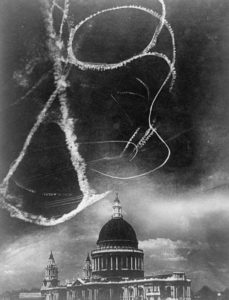
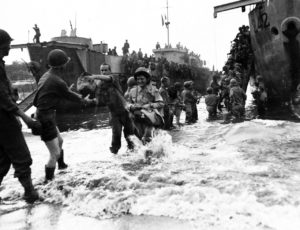
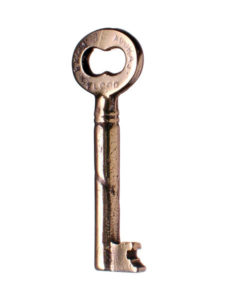

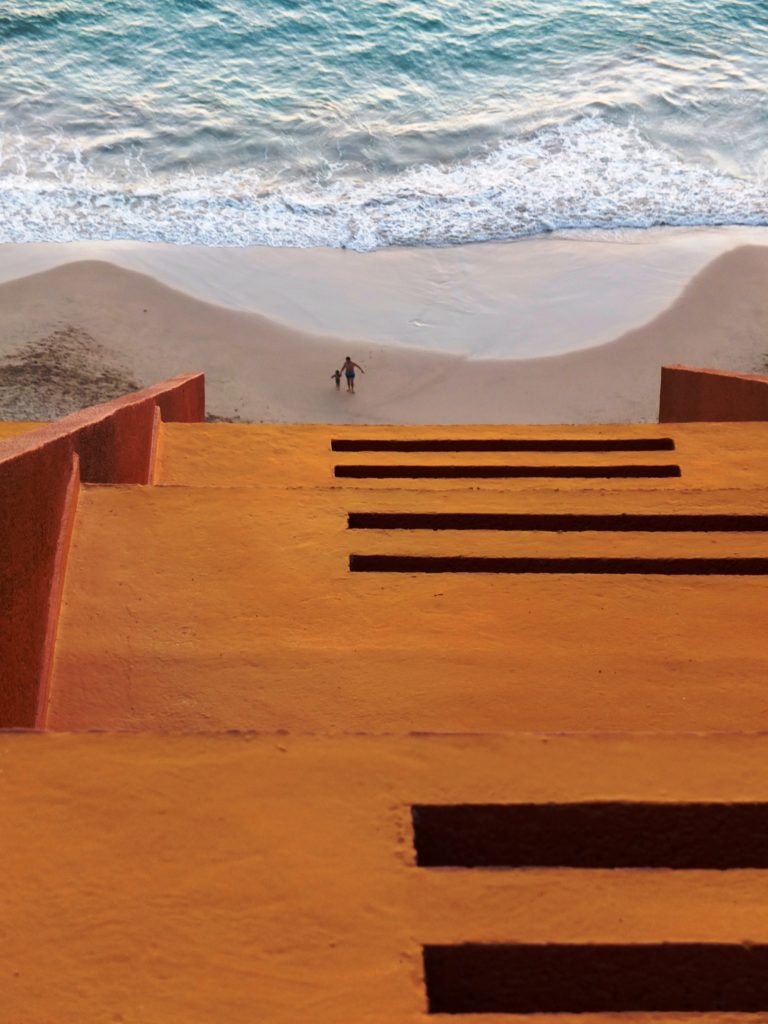
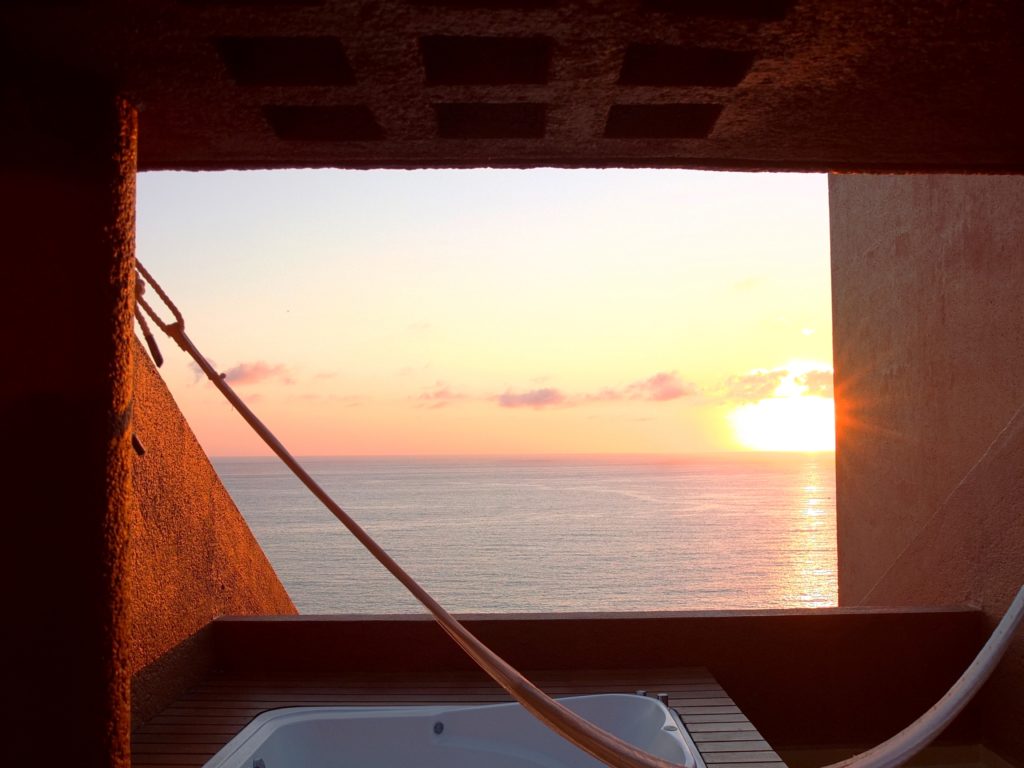



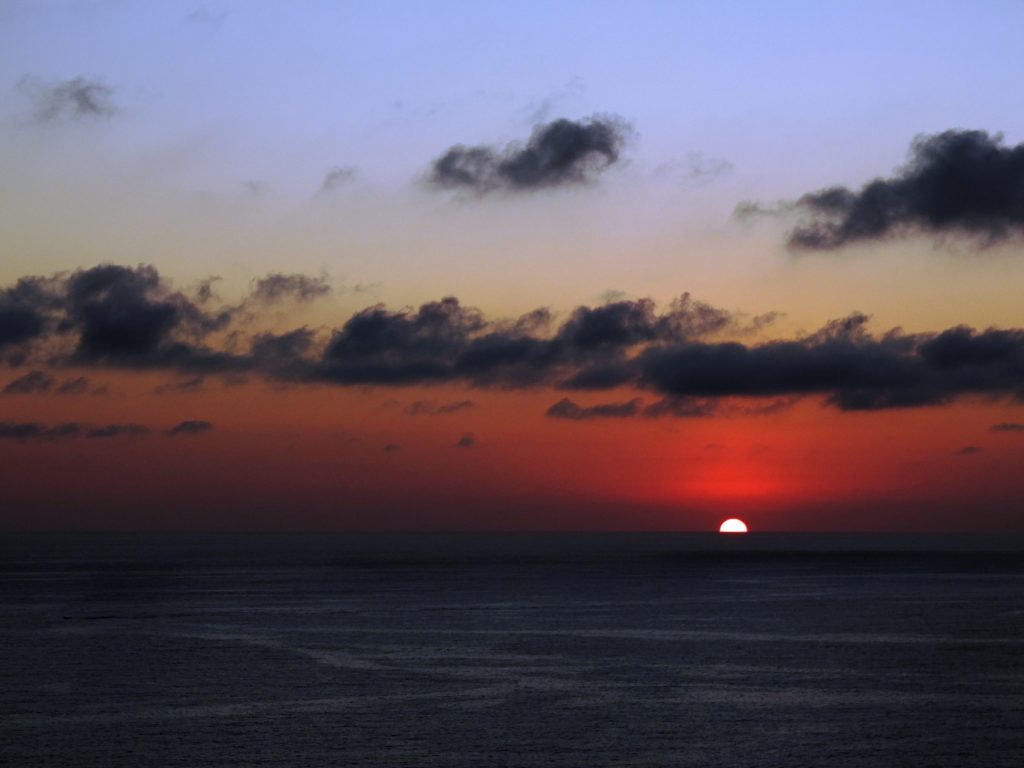

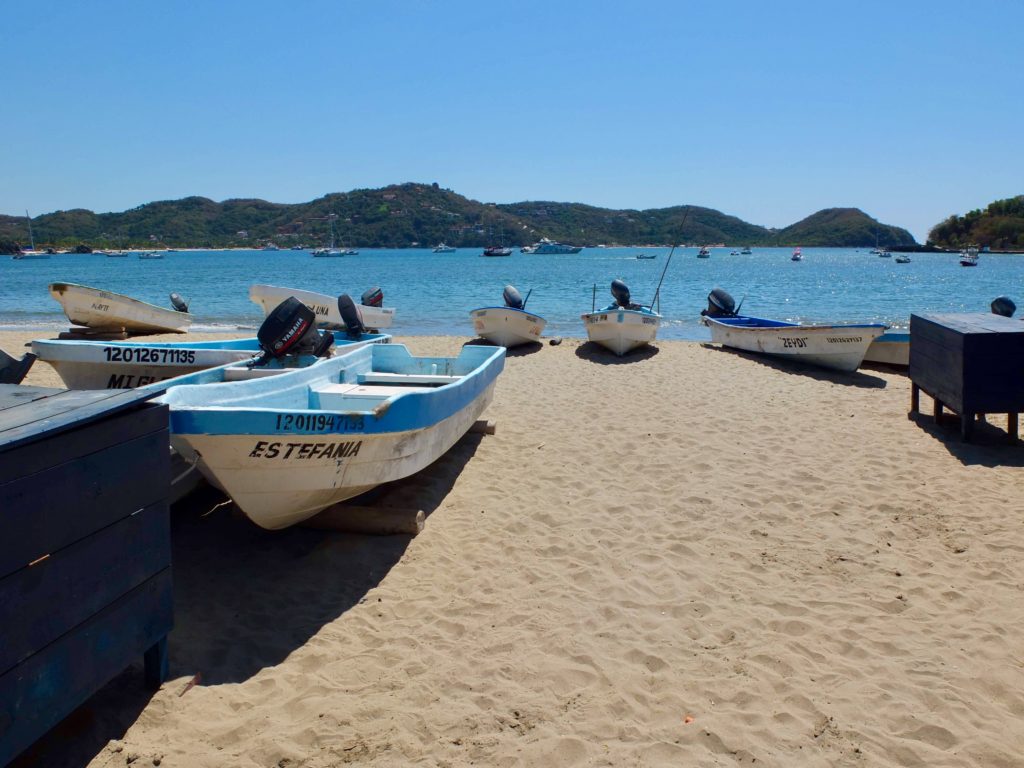
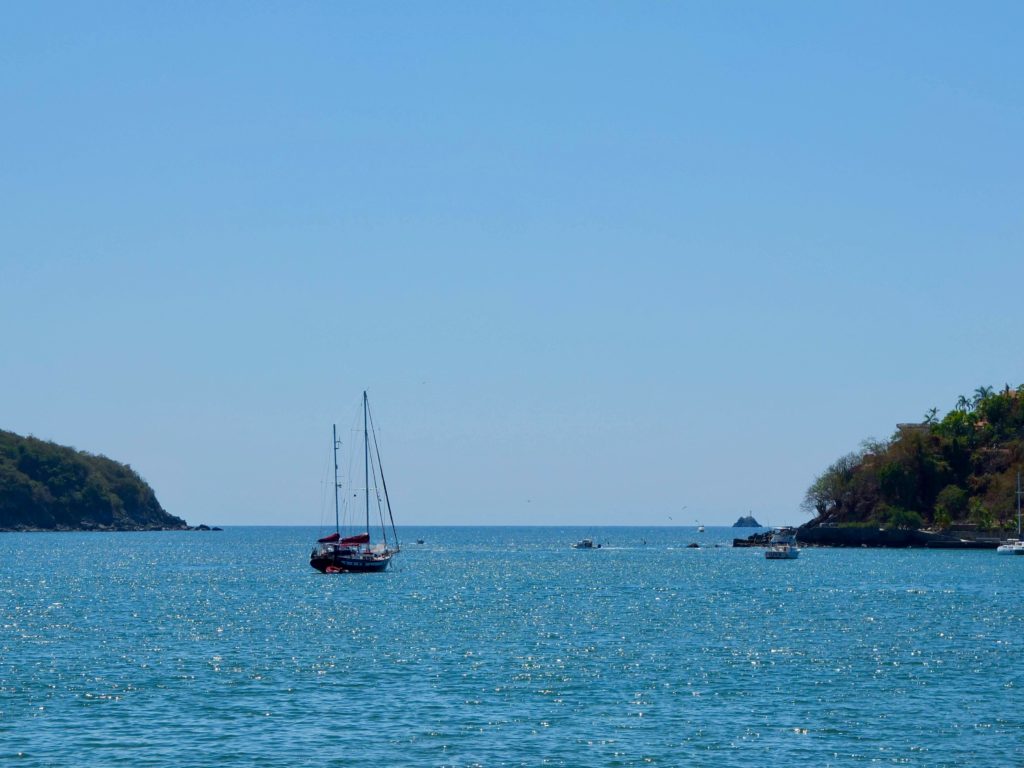
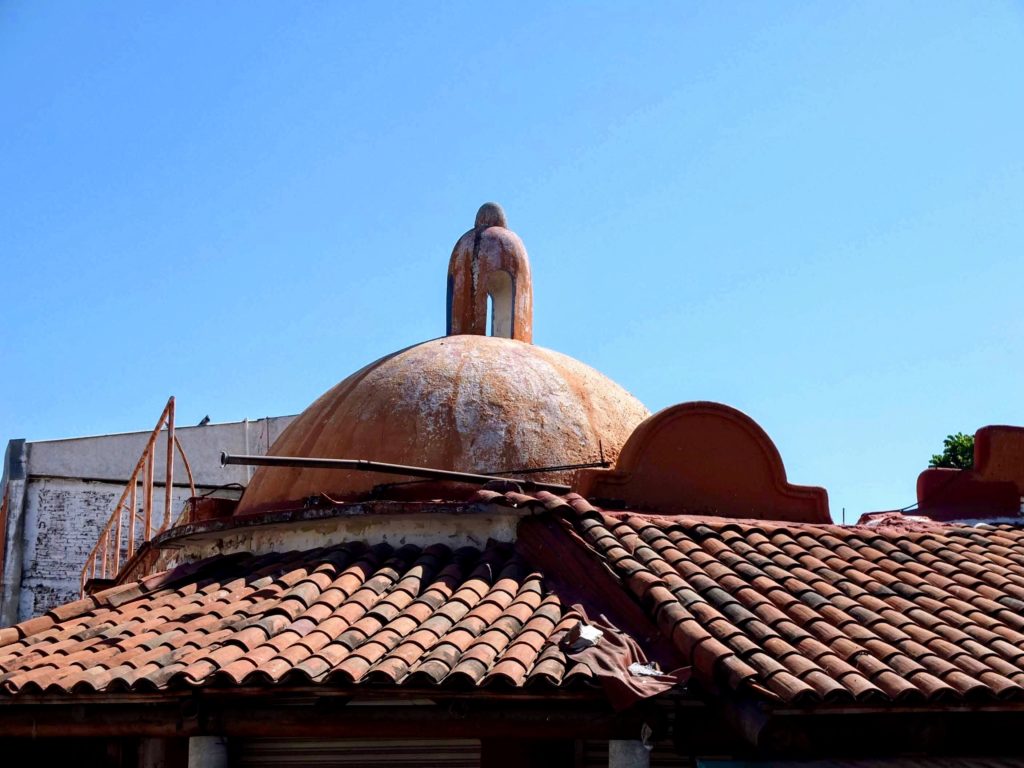

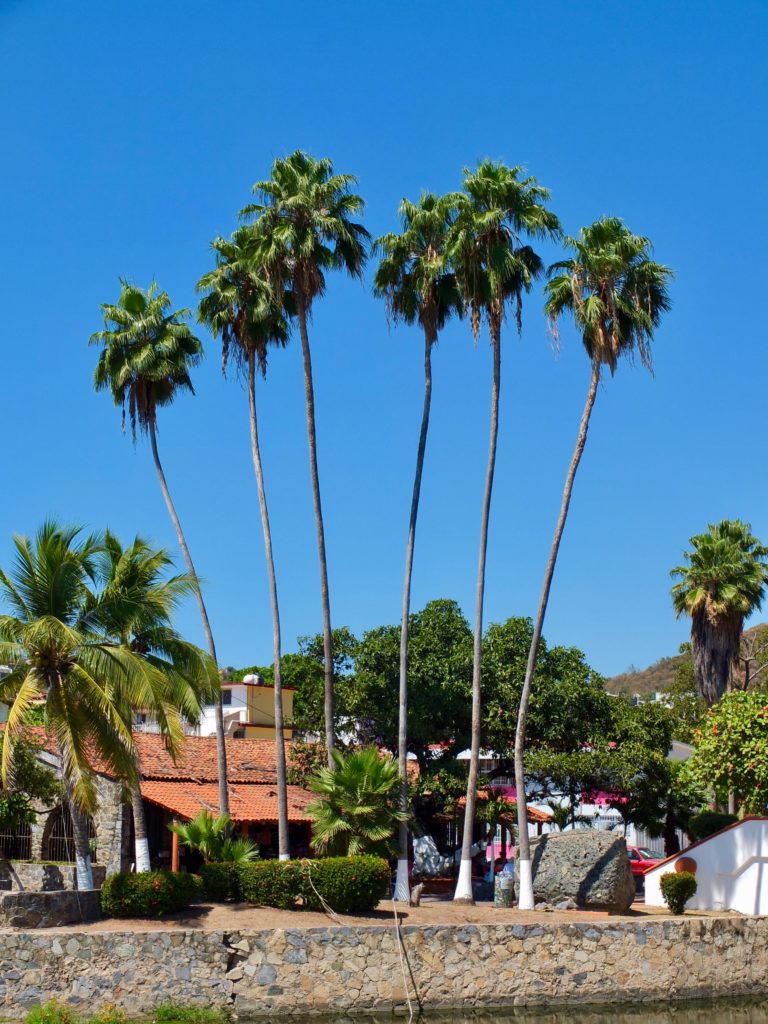
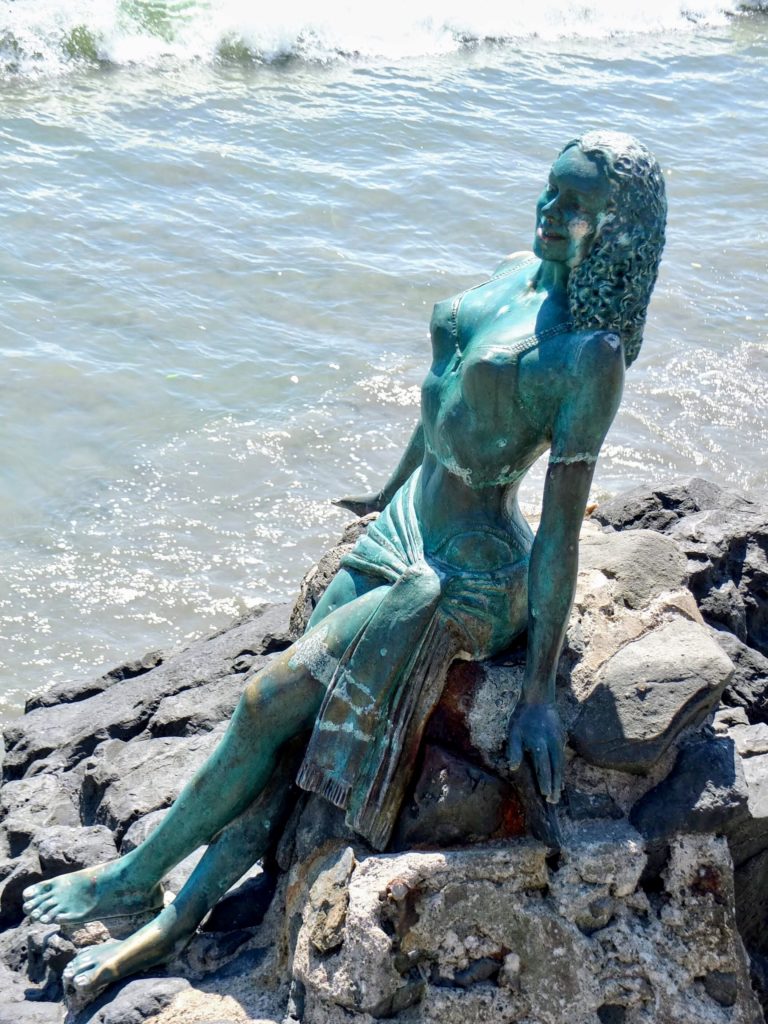


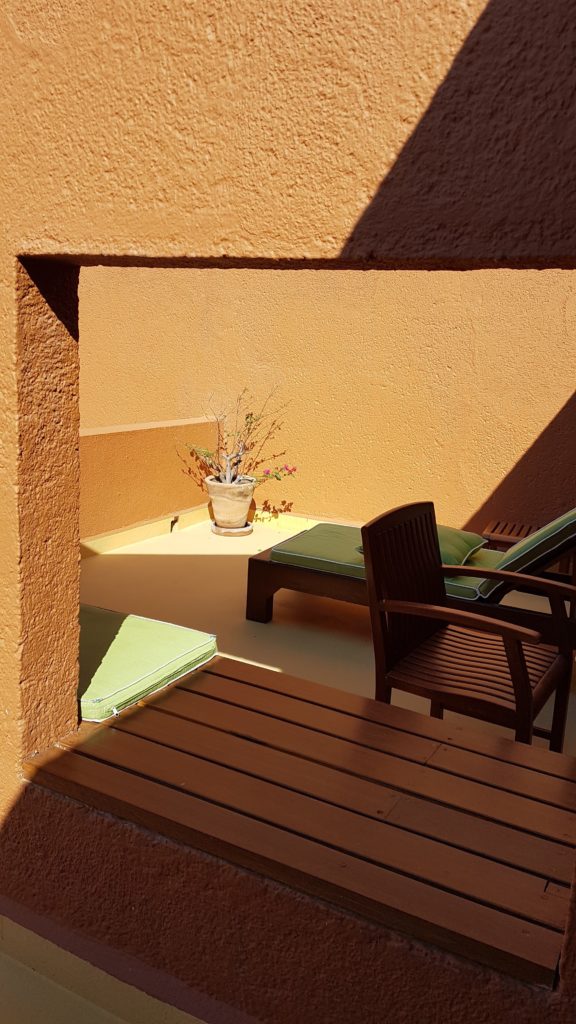
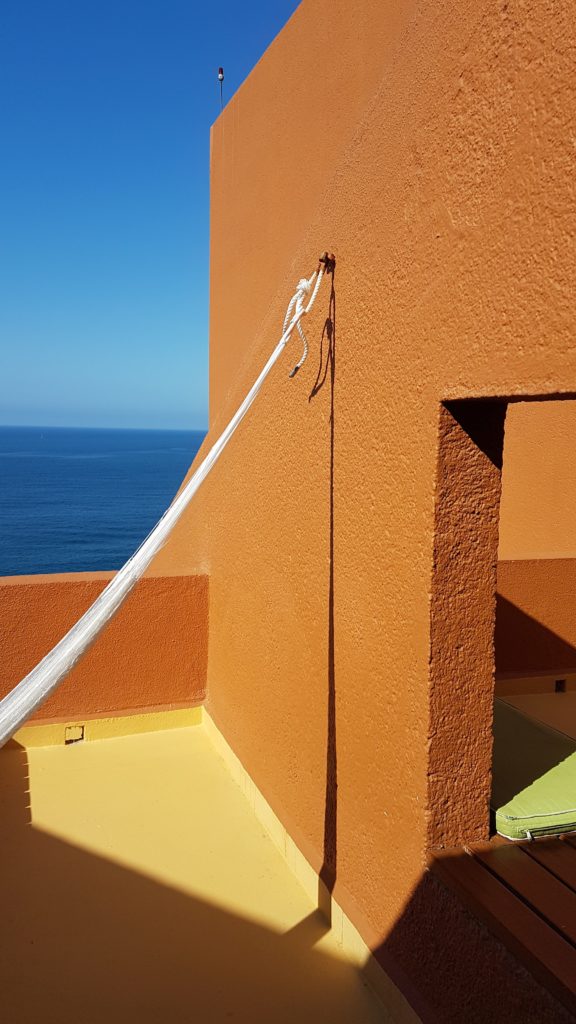

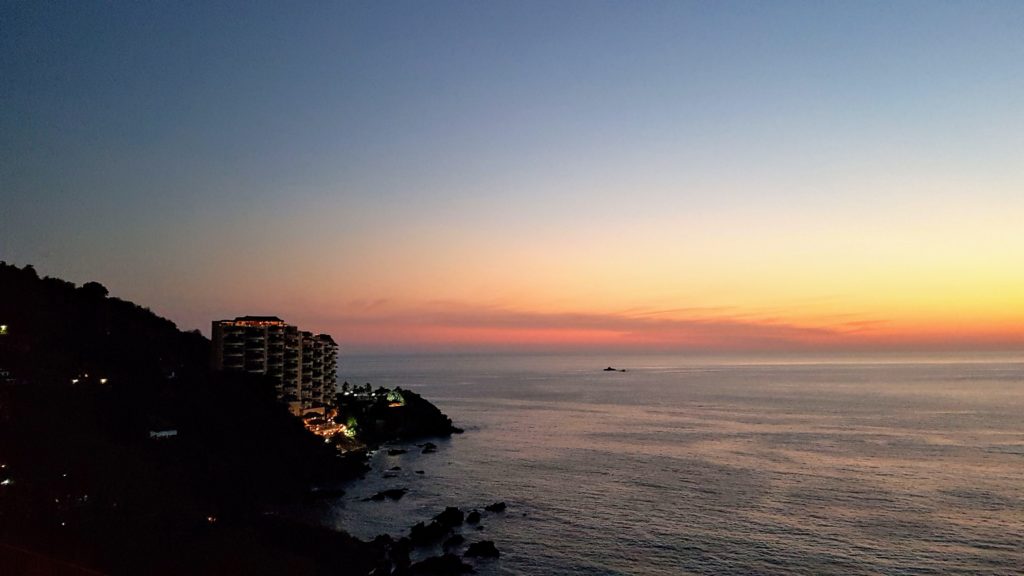




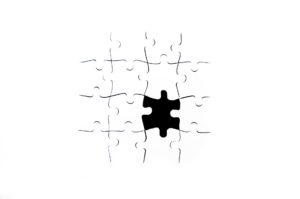



Recent Comments